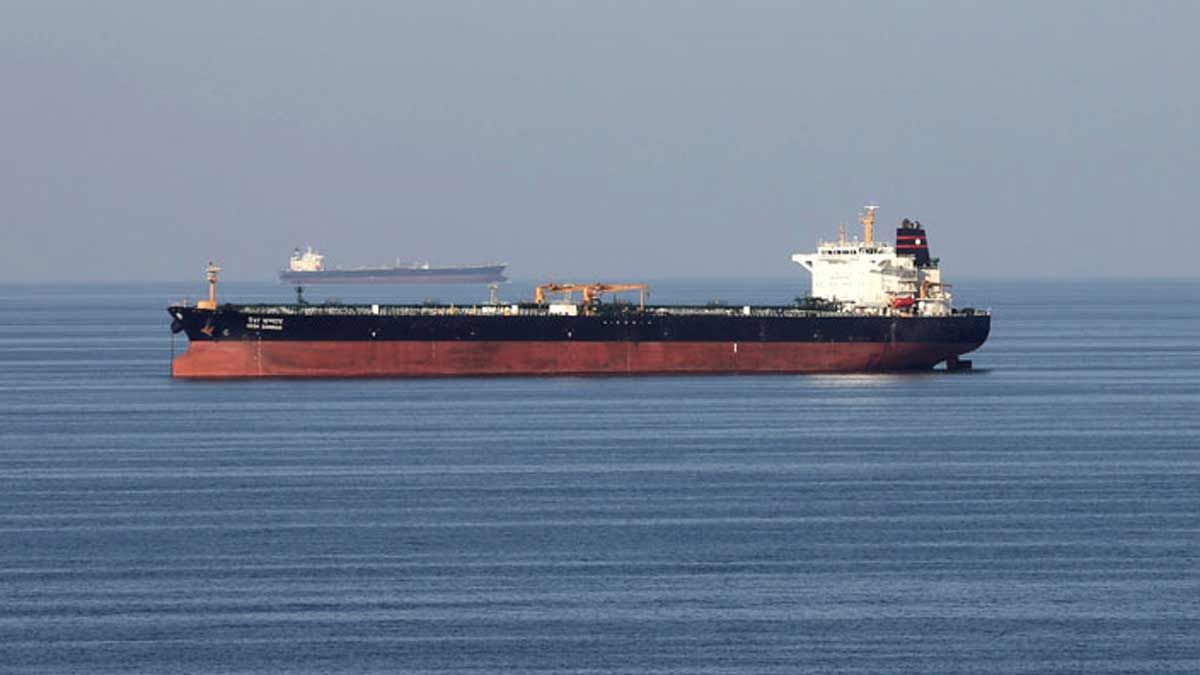30 million barrels of Iranian crude oil floats in Malaysian waters, but China is not buying any

An estimated 30 million barrels of discounted Iranian crude oil are floating around Malaysian waters, but Chinese buyers have not stepped in to buy any. A majority of the stranded crude oil tankers have accumulated in the country's territorial waters, where Tehran's primary hubs for ship-to-ship activity have taken place.
The stockpile accumulated between January and July this year, according to Kpler, a commodities and data analysis firm. The volume originally stood at 9 million barrels in mid-January and rose to 33.4 million barrels in August, the highest since 2020, according to OilPrice.com.
During its 12-day war with Israel, Iran had moved a large portion of its oil stock to ships out of fear that its oil depots would be hit during strikes.
After the war, US President Donald Trump then imposed sanctions on around 20 entities involving Iranian oil traders and infrastructure. The White House also had targeted its sanctions on Chinese refiners such as the Shandong Shouguang Luqing refinery, which used to import 100,000 bpd and the Hebei Xinhuai Chemical Group refinery, which used to buy 120000 bpd. The sanctions were also placed on port operators and midstream companies which dealt with Iranian oil.
Almost all of Iran's crude is sold to China, according to reports. The main buyers, who kept buying even during the sanctions, were small Chinese refineries. China, on average, imports nearly 1 million bpd from Iran.
However, the country’s General Administration of Customs (GAC) has not officially recorded any imports from Iran.
According to a report by oilprice.com, Iranian oil does not officially go through the GAC data. The country was simply able to ignore the sanctions placed by the US on Iranian exports through the transhipment of oil from the Iranian tankers offshore Malaysia. The millions of barrels of oil being imported to the country were simply moved to refiners on land or sea without ever being recorded.
An article by the Maritime Executive says that the buildup of the stocks is mostly a result of an increasing reluctance to buy more of the oil when the country has already overstocked their tank farms in anticipation of the US sanctions. Chinese oil refiners have filled their holding capacity and are unable to buy more.
The floating stockpile is costing Iran enormously, reported Iran International. Iran has resorted to increased discounting to be able to shift undelivered cargoes. Currently, shipping services, ships, managers and shipowners are being targeted due to the sanctions by the US, which seem to be working, according to reports.
Malaysia is also under pressure from the US to tighten restrictions on Iranian oil in its waters. Malaysia’s Ministry of Investment, Trade and Industry had also announced in May that it would be taking an aggressive approach to enforcement action against certification of transhipments off Malaysia.
Middle East